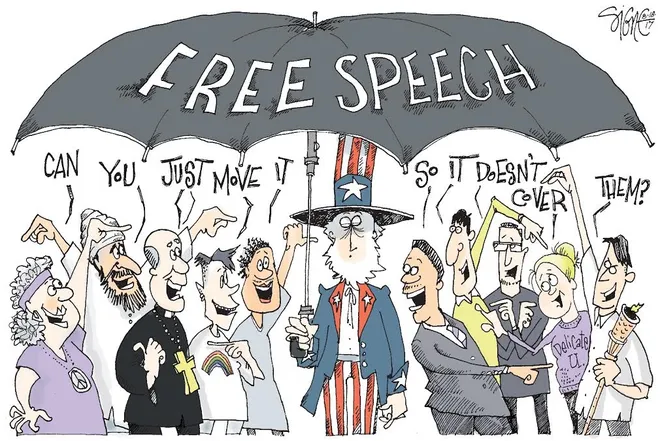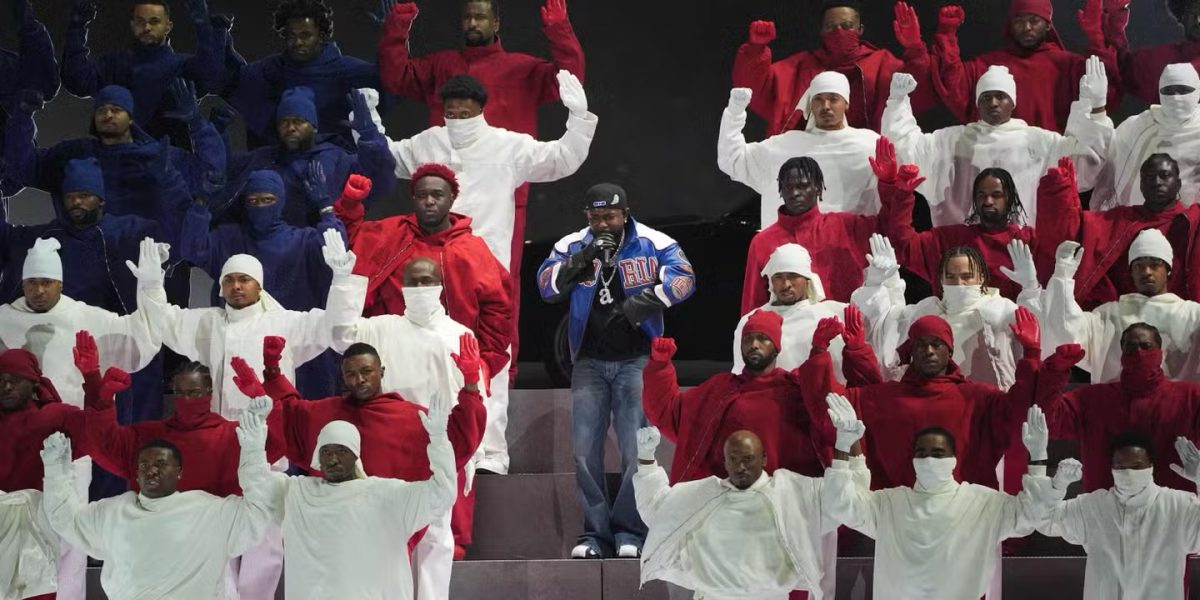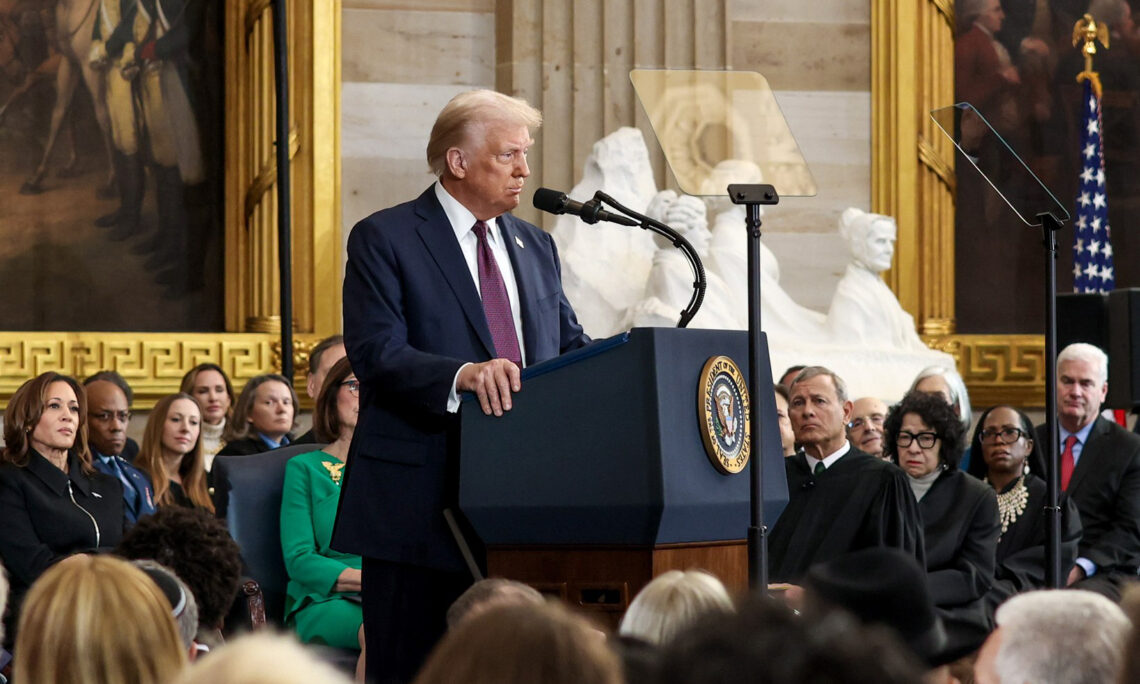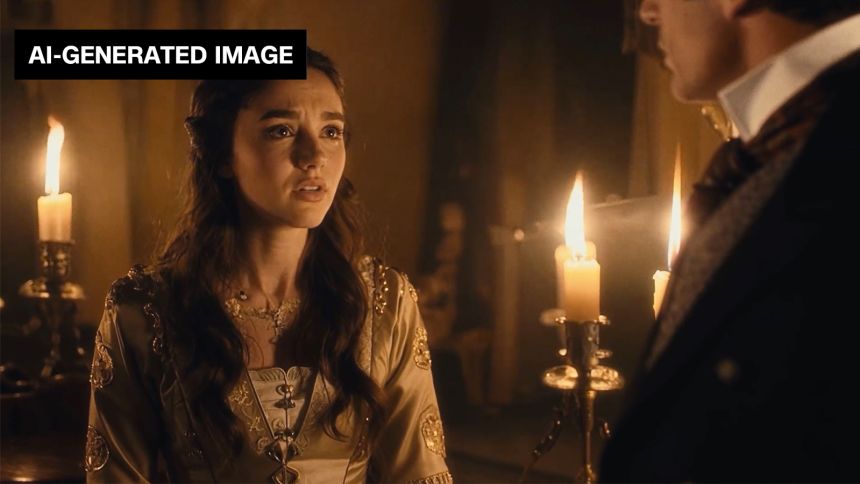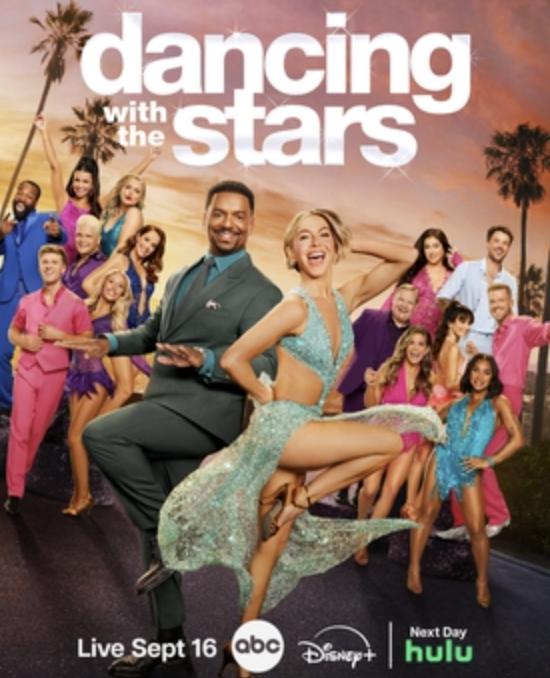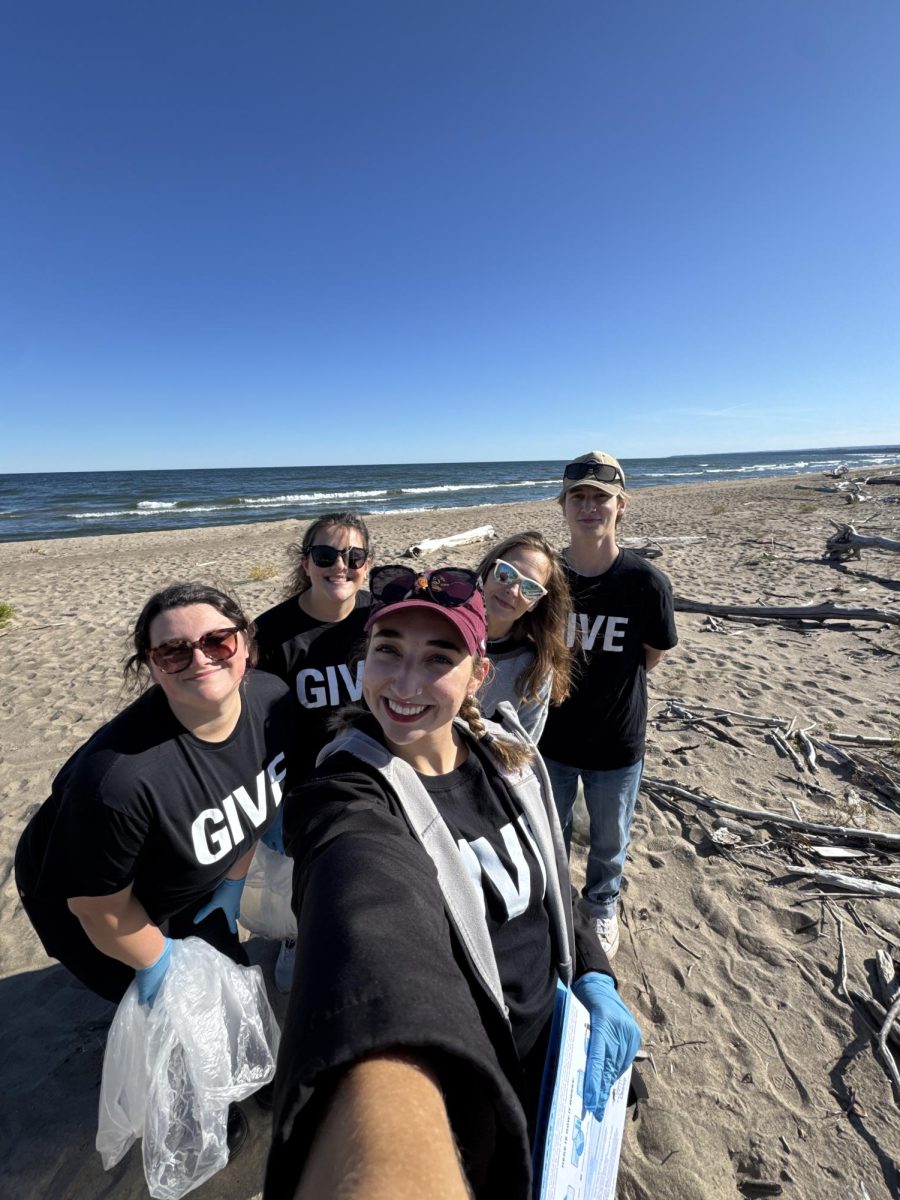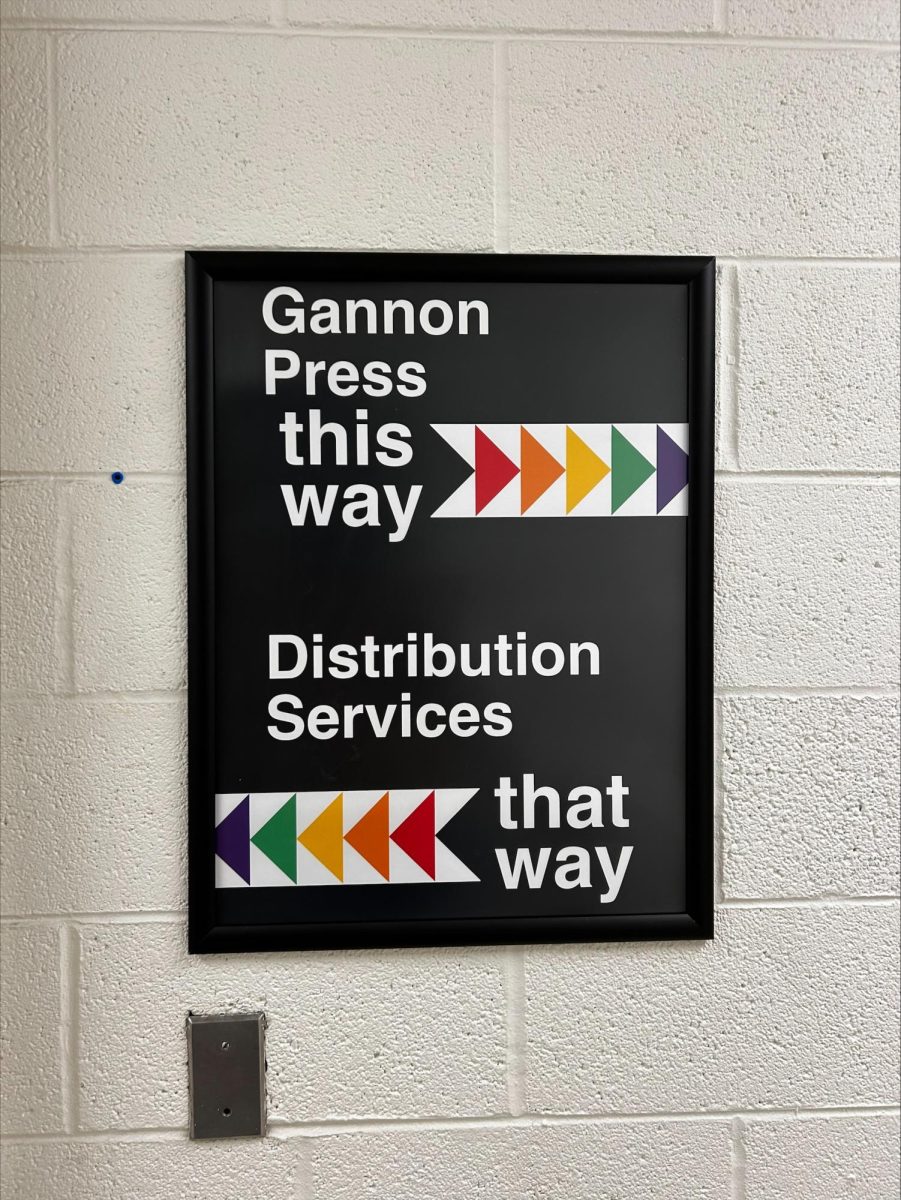November 8, 2024/Midnight
Erie, Pa.— A number of large news publications have famously endorsed presidential candidates for decades. During the 2024 election period, The Washington Post, and the Los Angeles Times, two leading news publications owned by billionaires, have decided for them to opt out of endorsing a presidential candidate.
The Washington Post, owned famously by the Amazon founder and owner Jeff Bezos since 2013, made a very vague claim about the retraction, saying that the publication was “returning to our roots of not endorsing presidential candidates,” according to publisher and CEO William Lewis.
The publication, whose title slogan is “democracy dies in darkness” also made sure to imply that it was not Bezos alone who made the last–minute decision.
The LA Times, owned by biotech tycoon Patrick Soon–Shiong, made a similar not long before, when their publisher allegedly blocked an endorsement for Vice President Kamala Harris.
Both publications have claimed their reasoning for pulling their endorsements was to allow their audience to make their own choices and “protect independent reporting,” according to Al Jazeera.
Critics believe that these publications pulled out so close to the election solely in order to protect endorsements and other financial reasons.
But the question stands— should media outlets be allowed to endorse political candidates in the first place?
Personally, I believe the answer is simple— no.
Is the first rule of journalism not to be extremely careful of bias? How trustworthy is a news publication that actively and publicly picks a side?
Now, I am completely aware that most of the time, news publications will often reflect the feelings and opinions of their owners and major contributors. That is a common fact in news publications all across the globe. But, for a country that prides itself on being a democracy, I cannot believe that large publications would in good conscience openly endorse a candidate when they know the effect that it will have on their regular readers.
The biggest danger with these types of endorsements is that many people who actively partake in the bipartisan rhetoric will be less willing to hear the other side, especially if the news publication they read on the regular is telling them for whom to vote.
Social media already does a scarily good job of confusing the masses and spreading misinformation, because so much of the information is coming from street–journalists with little to no credible source material.
Additionally, social media platforms have algorithms that cater to the user and regenerate based on the content the user interacts with. That being said, many people who use social media as their main news source only see one side, which is why professional news publications should want to cover all areas of the issue, especially when it comes to politics.
I encourage everyone to hear all areas of the political sphere, including the areas that may not align with their beliefs. This is how we will garner a fair and equal society and how we will inspire voters to become more educated and engaged at the polls.
Overall, I believe that good journalism states the facts— and that’s it. There is a time and place for opinion pieces and editorials, but these perspectives should not take center stage at a time when the country needs facts in the fog of so much misinformation. If we cannot trust our news publications to give us an unaltered and straight version of the truth, who can we trust?


